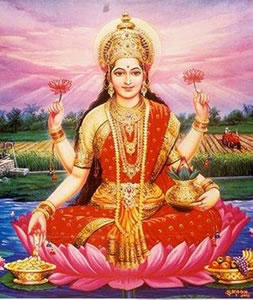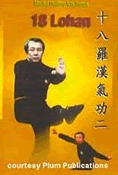Teaching Yoga to Seniors
"1. First, Do No Harm. Join with our physician colleagues in making this our primary intention.
2. Create a Safe Environment. Cultivate ahimsa (nonharming) by encouraging students to honor their own personal journey and explore their full potential, with compassion and integrity.
3. Encourage Yogic Balance. Sthira sukham asanam: A yoga pose is, by Patanjali’s definition, stable and comfortable. Invite students to challenge themselves, but never strain.
4. Meet People Where They Are. Honor individual abilities and limitations by offering accessible and appropriate modifications that reflect the intention and function of traditional postures.
5. Emphasize Feeling Over Form. Let go of ideas of how a pose should look. Focus instead on how a pose feels. Teach students to discriminate between discomfort, which may be welcomed as an inherent part of the growth process, and pain, which is to be avoided.
6. Honor the Inner Teacher. Don’t assume you know what’s going on with someone, even if you’ve asked. Consider yourself a guide, helping students explore what works best for them.
7. Encourage Gratitude and Joy. Create an environment that celebrates what students can do.
8. Emphasize Fluidity. The Tao’s teaching that ‘‘those who are soft and supple are disciples of life’’ is particularly important as the body becomes rigid with age. Minimize static ‘‘holdings.’’
9. Use Skillful Language. Encourage and invite rather than direct and demand.
10. Respect Our Scope of Practice. Recognize that what we do as yoga teachers is only part of the integrative health care landscape. Do only what we are trained to do and refer to other practitioners when necessary.
11. Be a Guardian of Safety. Get CPR/AED training and keep your certification current.
12. Teach People, Not Poses or Conditions. While acknowledging the inevitable changes inherent in life, it is essentialto recognize the unchanging spirit at the heart of all beings."
- Therapeutic Yoga for Seniors, Teacher Training Manual, by 2008 Kimberly Carson and Carol Krucoff.








